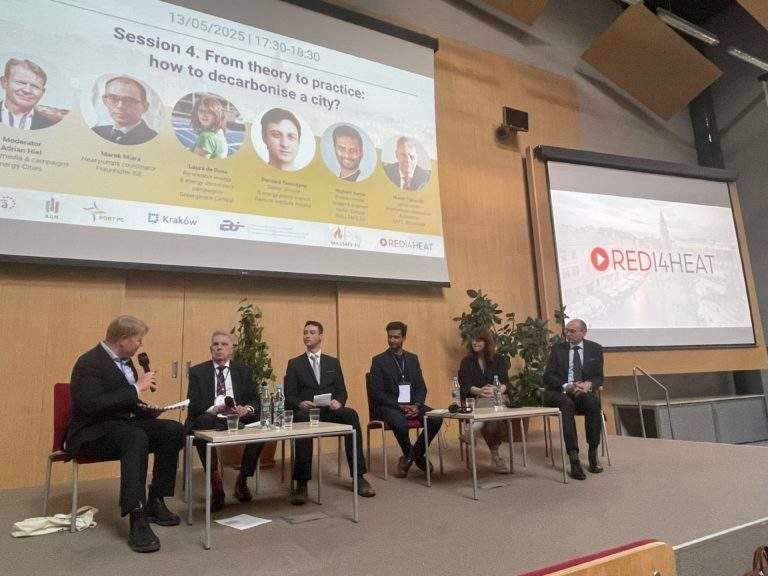The REDI4HEAT project, co-funded by EU LIFE, has contributed to aligning national energy and climate plans (NECPs) with EU heating and cooling targets in Greece, Portugal, Poland, Croatia and Germany. Now concluding after three years, the project offered guidance, workshops and tools to help governments improve policy design for renewable heating.
In Greece and Portugal, NECPs now reference measures such as direct heat production from renewable systems, local heating and cooling planning, and thermal energy as a service. In Poland, REDI4HEAT's Key Success Factors supported alignment of the Clean Air Program with renewable energy targets. Croatia integrated REDI4HEAT findings into the transposition of the Renewable Energy Directive (RED III) and NECP updates, using national workshops as consultation forums. In Germany, the project supported municipal heat planning through stakeholder networking and technical guidance.
REDI4HEAT conducted detailed assessments of NECPs, identified policy gaps, and helped integrate improvements into revised national strategies. Open-access tools such as the Policy Tracker, Heat Transition Toolbox and Knowledge Sharing Centre were developed to support policymakers and stakeholders.
Over 1,000 stakeholders across the five countries participated in capacity-building events, including technology designers, heating and cooling experts, energy agencies, municipalities, industry associations and end users. These activities aimed to improve regulatory clarity, enhance coordination and promote local engagement in decarbonising heating and cooling systems.
“REDI4HEAT has provided essential policy intelligence and practical pathways to accelerate the uptake of renewable heating and cooling across Europe,” said Dr. Vassiliki Drosou, REDI4HEAT Project Coordinator. “By aligning technical innovation with regulatory insight, the project has empowered decision-makers to implement sustainable heat strategies that are actionable, scalable and aligned with EU climate goals.”
The project's findings remain available to inform national authorities as they finalise NECP updates and work toward the EU’s 2030 climate and energy objectives.
